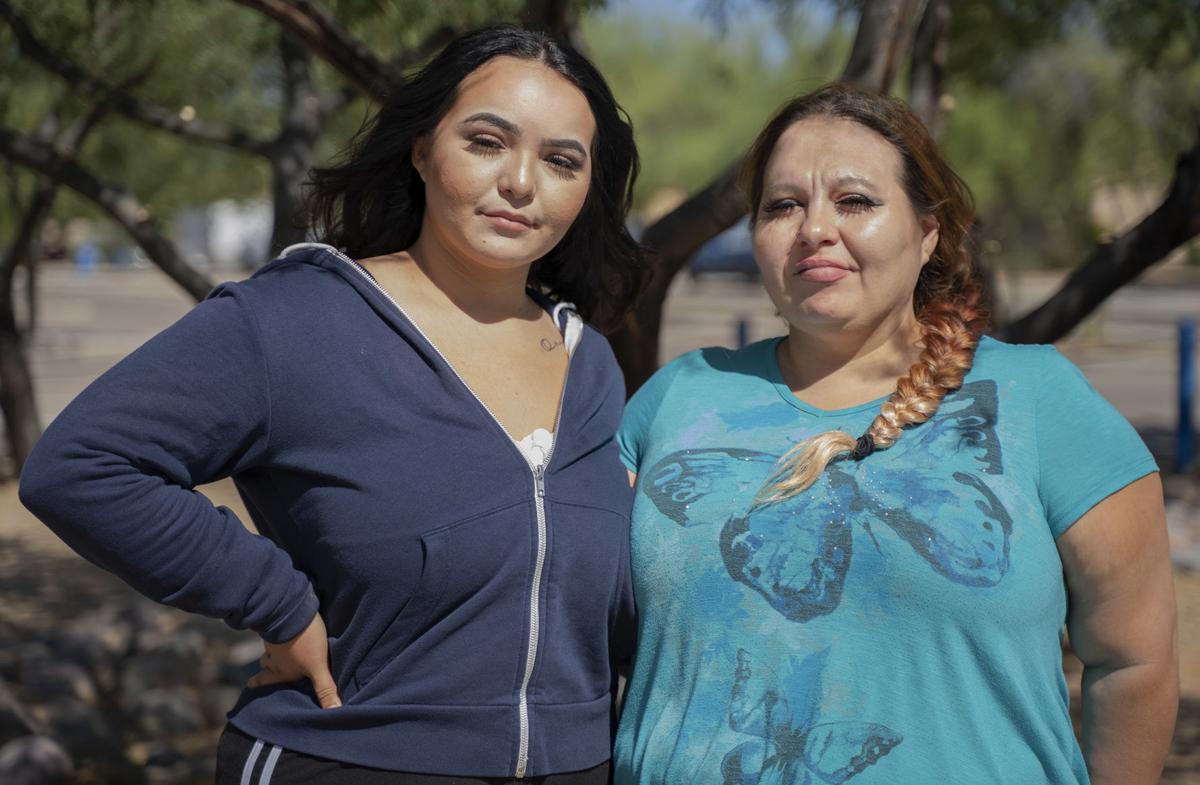Brittany Hoyos was a sophomore at Pueblo High School when she got her first job at a west-side McDonald's, where she says she was sexually harassed and retaliated against by her bosses for complaining.
At first, she says, she didn't tell her parents that an older supervisor had taken to brushing up against her as she rang up fast-food orders for $8.50 an hour.
She recalls him touching her ponytail and her neck, telling her she looked good in her jeans and asking if she had a boyfriend. Once, he gave her a ride home and tried to kiss her, she said in a recent federal complaint made under penalty of perjury.
"I kept it from my parents because I was embarrassed and I felt like I was at fault or that I had done something wrong,"
When Hoyos eventually told her parents and complained to senior management, nothing happened, she says. Now she's taken her complaint to a higher authority: the U.S. Equal Employment Opportunity Commission.Â
People are also reading…
Hoyos, now 19, and her mother, Maribel Hoyos, 35, who worked at the same McDonalds, both recently filed federal gender discrimination complaints against the store at 4960 W. Ajo Way, where they worked until earlier this year.
The complaints claim their former workplace was rife with "sexually explicit language and sexually harassing behavior, which was reported to and condoned by managers."
Both women said McDonald's retaliated after they spoke up by demoting them and slashing their work hours. Their cases are still at an early stage and their claims have yet to be investigated or substantiated by the EEOC.
McDonald's franchisee Paul Dias of ÃÛèÖÖ±²¥, who operates 15 restaurants in the city including the one where the complainants worked, declined to comment and directed questions to public relations staff at McDonald's headquarters in Chicago.
The company provided the Star with a letter describing recent changes it has made to combat sexual harassment. McDonald's said it has improved its policies, provided new training for franchisees and sent display posters to every store to increase employee awareness.
Still to come are training sessions for front-line employees and a new anonymous complaint hotline, the company said.
"Both the company and our owner-operators understand that we must provide a positive experience in the restaurant and create an environment where everyone feels respected and valued," it said.
The two ÃÛèÖÖ±²¥ women are among 20 or so new complainants nationwide who traveled to Chicago on Tuesday to protest outside McDonald's headquarters.
The event was backed by the American Civil Liberties Union, the labor group Fight for $15 and the Time's Up Legal Defense Fund, created last year in the wake of Hollywood sexual harassment scandals to help victims pursue justice.
Another 20 or so women have filed similar harassment claims against McDonald's in the last few years. "These new filings are part of a multi-year effort by cooks and cashiers to press the company to address widespread harassment," said a news release Tuesday from the ACLU of ÃÛèÖÖ±²¥, which is supporting the ÃÛèÖÖ±²¥ women in their efforts.
Some national studies describe the fast-food industry as a hotbed of harassment. A 2016 study, for example, funded in part by the National Partnership for Women and Families, found 40 percent of female fast-food workers experienced sexual harassment on the job.
In an interview, Maribel Hoyos said didn't initially realize there are federal laws against sexual harassment in the workplace. She says she found out after confiding in a relative and eventually sought help from the ACLU.
Speaking out has been embarrassing for the family, she said. Even so, she doesn't regret it, pointing to her three other daughters ages 6 to 15.
"I don't want my girls, or somebody else's teenager, to go through this just because they need a job," she said.











